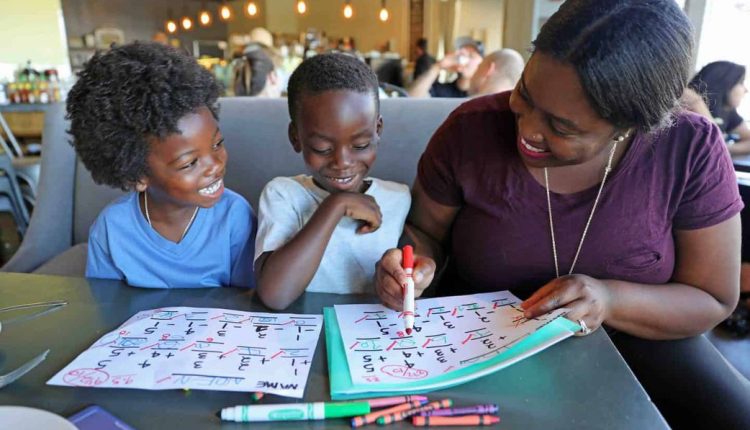Teach kids your language without losing time
We’re in the 21st century and witnessing lots of dramatic changes in almost all aspects of life. But one change I’ll never be comfortable with is the gradual death of our Nigerian native languages.
Many modern children struggle to form simple sentences in their language, and that’s a significant blow to the culture that makes us unique.
Unfortunately, we can’t completely blame modern parents because we understand how difficult it is to shuttle between work deadlines, endless meetings, Lagos traffic, and cooking a 3-hours pot of ofe nsala.
These things can feel so overwhelming that it becomes incredibly difficult to find the time to teach your child Igbo, Yoruba, Hausa, or any native language.
Here’s the good news: there’s hope for you, irrespective of how busy life gets.
You can actually teach your native language to your children without disrupting your busy schedule, and we’re here to teach you how. Let’s go!
Start Small, Start Early
Let’s face the fact: You can’t just wake up and do all the work at once. It’s a gradual process that takes time. So, you don’t need to start with 2-hour language classes every weekend. Instead, you can start by sprinkling simple words into your daily communication.
The simplest words, like come or eat in your language, will stick to your kid’s brain more easily than forcing them to cram a full paragraph. The idea is to remain consistent. Children love repetition because it prevents them from getting tired of it too soon.
Use Labels Around the House
Another great idea is to turn your home into a mini language classroom. The most significant benefit of this idea is that it requires no additional work.
Simply label everyday items in your language, such as “door,” “chair,” “cup,” “fridge,” and even “remote.” The idea here is to have them see and remember the native words for these items every time they interact with them. Learning becomes natural, and you don’t even have to leave your living room.
Use Music and Cartoons
Let’s face it: kids love screen time. Instead of fighting it, use it! Find children’s songs, nursery rhymes, or animated stories in your language. Platforms like YouTube have tons of content.
Children pick up language faster through music and stories than they do from grammar books. Before you know it, they’ll be singing cultural songs louder than you at Christmas family dance-offs.
Reward Progress
Children love rewards (just like adults love salary alerts). When they correctly say a sentence or learn new words, praise them or give small treats.
It motivates them to keep practicing and makes learning fun rather than a chore.
Don’t Stress About Perfection
They might mix up words, pronounce things hilariously wrong, or even form brand-new “versions” of the language. Relax!
Consistency is more important than perfection. Over time, they’ll improve – and those funny mistakes will become family inside jokes.
Conclusion
Teaching your child your native language is a beautiful gift—one that connects them to their roots and keeps your culture alive. And guess what? You don’t have to sacrifice your career, hustle, or personal time to do it. A little creativity, consistency, and plenty of patience go a long way.


